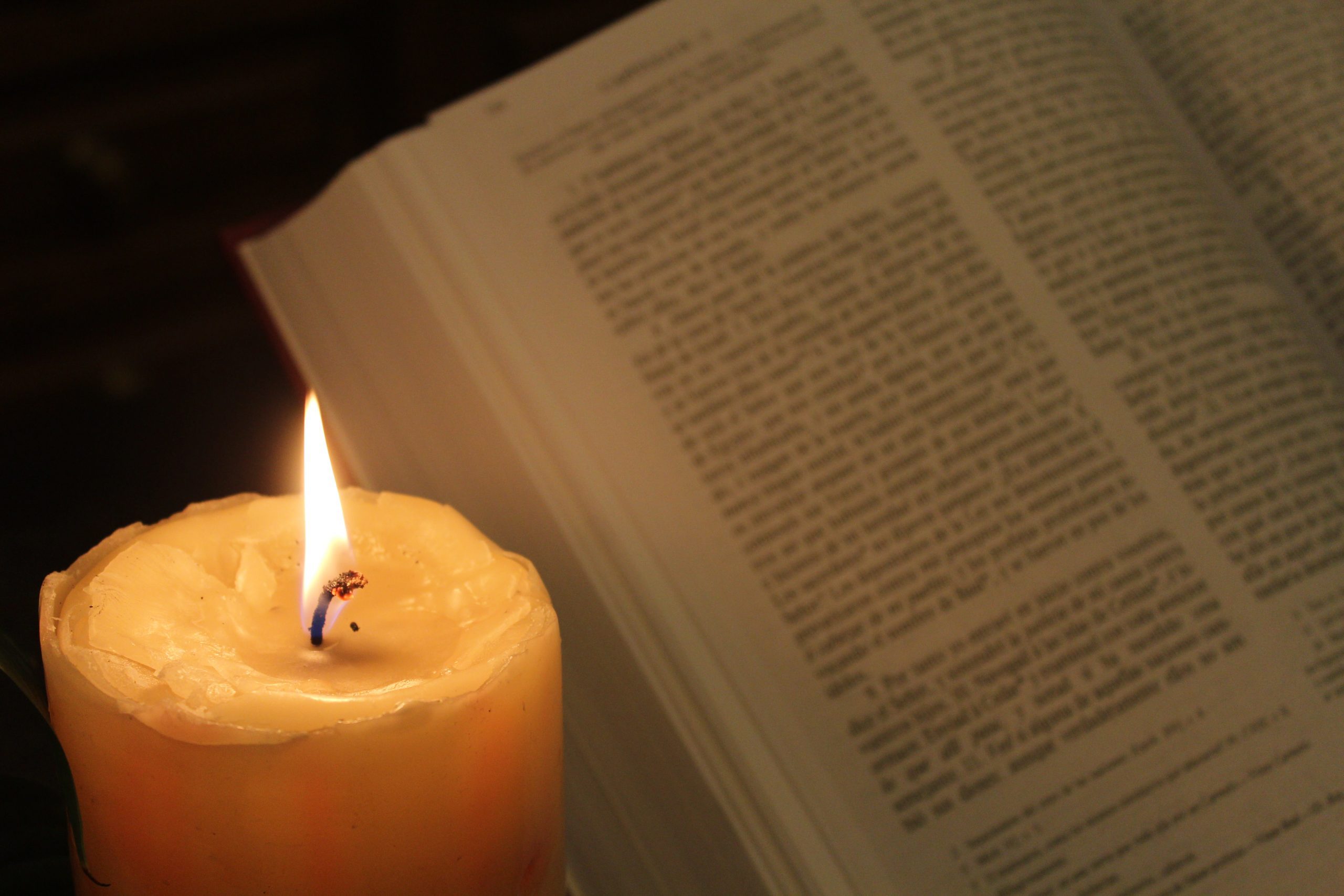First Sunday of Lent
Homily on the 1 st Sunday of Lent
St. John Paul II Parish, Cedar Springs, Michigan
Mary Queen of Apostles Parish, Sand Lake, Michigan
Father Lam T. Le, Pastor
February 21, 2021
“He Remained in the Desert for Forty Days”
(Mk 1:13)
During Lent, we have often heard the hymn “Forty Days and Forty Nights” or “The Glory
of These Forty Days” or “Lord, Who Throughout these Forty Days.” These beautiful
hymns prompt two questions: Does this season consists of 40 days? And why are there
40 days of Lent?
It might be more accurate to say that there is a "forty-day fast within Lent." Lent begins
on Ash Wednesday and continues up to the time that the Church celebrates the Mass of
the Lord’s Supper on Holy Thursday. So if you do the math, there are 46 days in the
configuration. The Six Sundays of Lent are certainly part of the Time of Lent, but they
are not prescribed days of fasting and abstinence. However, it is best for Catholics to
choose the penitential practices for the whole Time of Lent, i.e., keeping the Lenten
practices on Sundays as well. Since such penitential practices are not regulated by the
Church on Sunday, but by individual conscience, the forty-day fast, however, has been
a more stable description of the Lenten journey.
Why does the Church insist on the “forty-day fast within Lent?” The Holy Scriptures on
this first Sunday of Lent give us an answer: to prepare our hearts for the great acts of
our God: Paschal Mystery – the Death and the Resurrection of Christ. There is a pattern
in the Bible how God presents great blessings after 40 days of purification.
In our First Reading from Genesis, we hear the story of Noah and the flood. Noah
preserved his family and animals on an ark for 40 days and 40 nights. There is no doubt
this journey was filled with a great deal of sacrifice and prayer as those days dragged
on, and the earth was swallowed up by water. Yet, after that time of trial, Noah and his
family received a covenant from the Lord. God says, “See, I am now establishing my
covenant with you, and your descendants after you, and with every living creature that
was with you… that never again shall all bodily creatures be destroyed by the waters of
a flood.” (Gn 9: 9-11) Without the 40-day journey in the ark, Noah would not have been
able to receive this covenant with a grateful heart. God presents great blessings to
those who are prepared to receive them.
In our Gospel proclamation taken from Mark, “The Spirit drove Jesus out into the
desert, and he remained in the desert for forty days, tempted by Satan” (Mk 1:12-
13). Jesus committed to intense prayer and fasting during the forty days. It was not
necessary for Jesus to go into the desert so that He might be purified; He, however,
went into the desert to endure temptations of man for our sake. Through the incarnation,
He was fully man, and experienced temptations just like us, yet responded to them
perfectly, never falling into sin. In fasting, prayer, and overcoming temptation, He
showed us we human beings, once opening to the grace of God, are “purifying our
hearts” and “freed from the disorder of afflictions, so that they may deal with things of
this passing world as to hold to the things that eternally endure” (Preface II for Lent,
Roman Missal, Third Edition.” Once Jesus finished the forty days in the desert, He
began proclaiming the Gospel, saying, “This is the time of fulfillment. The kingdom of
God is at hand. Repent, and believe in the gospel” (Mk 1:15). The Good News of Jesus
Christ was announced. So the forty days for the Lord is the preparation for the
announcement of the Good News!
“Lent is ordered to prepare for the celebration of Easter, since the Lenten liturgy
prepares for the celebration of the Paschal Mystery both catechumens, by the various
stages of Christian Initiation, and by the faithful, who recall their own Baptism and do
penance”(UNLC no. 27). By using the biblical pattern of forty days, the Church
impressed into our minds and hearts more on the need of this purification to prepare for
the renewal of all things in Christ.
It has been said baptism is the key to understanding the forty days of Lent. St. Peter in
reference to the ark of Noah reminds us in our Second Reading: “[Baptism] is not a
removal of dirt from the body but an appeal to God for a clear conscience, through the
resurrection of Jesus Christ” (1Pt 3:21). Lent is a time for the catechumens, by various
stages in the process, to purify in order to prepare for the gift of new creation through
the Sacrament of Baptism. Lent is the time for those who have already been baptized,
with the Sacrament of Confession to open up the channel of the saving grace of
Baptism that has been clogged up due to our sinful habits in life. The biblical pattern of
40 days helps us all to appreciate the wonderful gift of rebirth at Eastertime: “Through
Baptism into his death . . . we too might have the newness of life.” (Rm 6:4).
We should strive to fully participate in this Lenten season, because in doing so we
imitate Christ. Let us strive to purify our hearts for the remainder of these 40 days so
that this Lent will be like no other and when the water is sprinkled upon us at
Eastertime, we will be a new creation in Christ. Amen.
Scriptural Readings: Reading I Gn 9:8-15m; Responsorial Psalm Ps 25:4-5, 6-7, 8-
9; Reading II 1 Pt 3:18-22; Verse Before the Gospel Mt 4:4b; Gospel Mk 1:12-15

